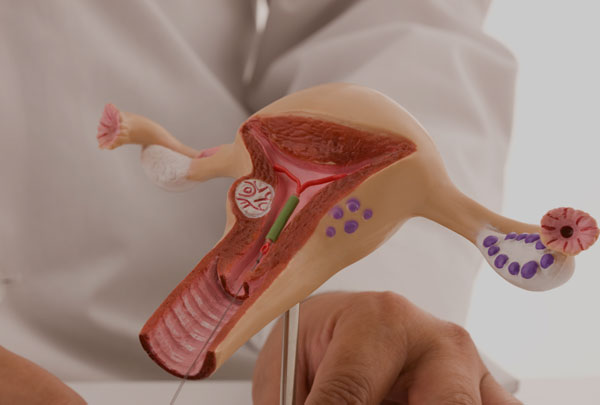As women age, their pelvic organs (the space inside the pelvis) may change. For some women, sagging genitals can cause a feeling of heaviness, as if something is falling out of the vagina. The common causes of this type of genital organ prolapse are pregnancy and childbirth, but it can become more uncomfortable for women as they age. However, sagging of the genital organs can also occur in people who have never given birth. You can find information about the causes, symptoms and treatment methods of genital organ prolapse in the rest of my article.
Causes and Symptoms of Prolapse of Genital Organs
Sagging genital organs can occur for different reasons. The most common causes are pregnancy and childbirth, being overweight, menopause, weight lifting, heavy work, constipation, chronic obstructive pulmonary diseases (such as asthma and bronchitis), neurological disorders and pelvic surgery.
When there is sagging in the genital organs, the following symptoms occur:
- Feeling of heaviness and saturation in the vagina , feeling like something is falling out of the vagina
- Urinary incontinence, inability to urinate
- Incomplete emptying of the bladder
- Incontinence of urine or gas during sexual intercourse
- Pain during sexual intercourse
- Pain in the lumbar region
- Vaginal discharge and pain
The most common types of prolapse in the genital organs are; Cystocele – urinary bladder prolapse, Enterocele with vaginal dome prolapse – vagina and small intestine, Rectocele – rectum prolapse and Uterine prolapse. Even if these prolapses occur in different organs, they usually occur together.
Diagnosis and Treatment of Prolapse of Genital Organs
Prolapse of the genital organs is a difficult and very important condition to diagnose. In order to treat prolapse, the exact cause of the discomfort must be found. This requires a medical history and vaginal and rectal examination. There is no general treatment for sagging genital organs. Sometimes exercise, sometimes a change in diet can help the patient to recover. The main treatment method for genital organ prolapse is surgery. In addition, the patient can be applied methods such as exercise, weight control, quitting smoking, changing the diet, not lifting heavy weights. In some cases, medication or the use of an instrument called a pessary may also be recommended. To prevent prolapse formation or to support prolapse treatment, it will be sufficient to avoid factors that damage the pelvic floor.







